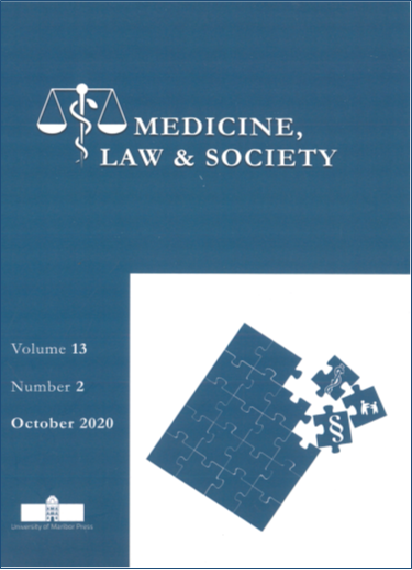Legal Aspect of Organ Donation after Death across Europe in Human Rights Context
DOI:
https://doi.org/10.18690/mls.15.1.1-24.2022Keywords:
Transplantation legislation, tissues, cells and organ donation, human rights, consenting, opt in and opt outAbstract
Clinical transplantation has proven to be lifesaving methods since last century. Organ transplants is still subject to ethical evaluation through the prism of basic standards of medical ethics and social phenomena that are not morally neutral. Transplant medicine has a clear social character. It is not only a relationship between a doctor and a specific patient. Authors analyzed existing postmortal donation models in European countries and the most important documents in the European legislation in securing universal rights to freedom and human dignity in transplantation area and identified 15 universal documents valid in Council of Europe and the European Union. Universal legal documents of European law protect human donor right to self-determination and integrity. Postmortal donation in transplantation performed in accordance with the applicable legislation and in the utilitarian dimension does not violate human dignity and the natural right of a person to decide about themselves.
